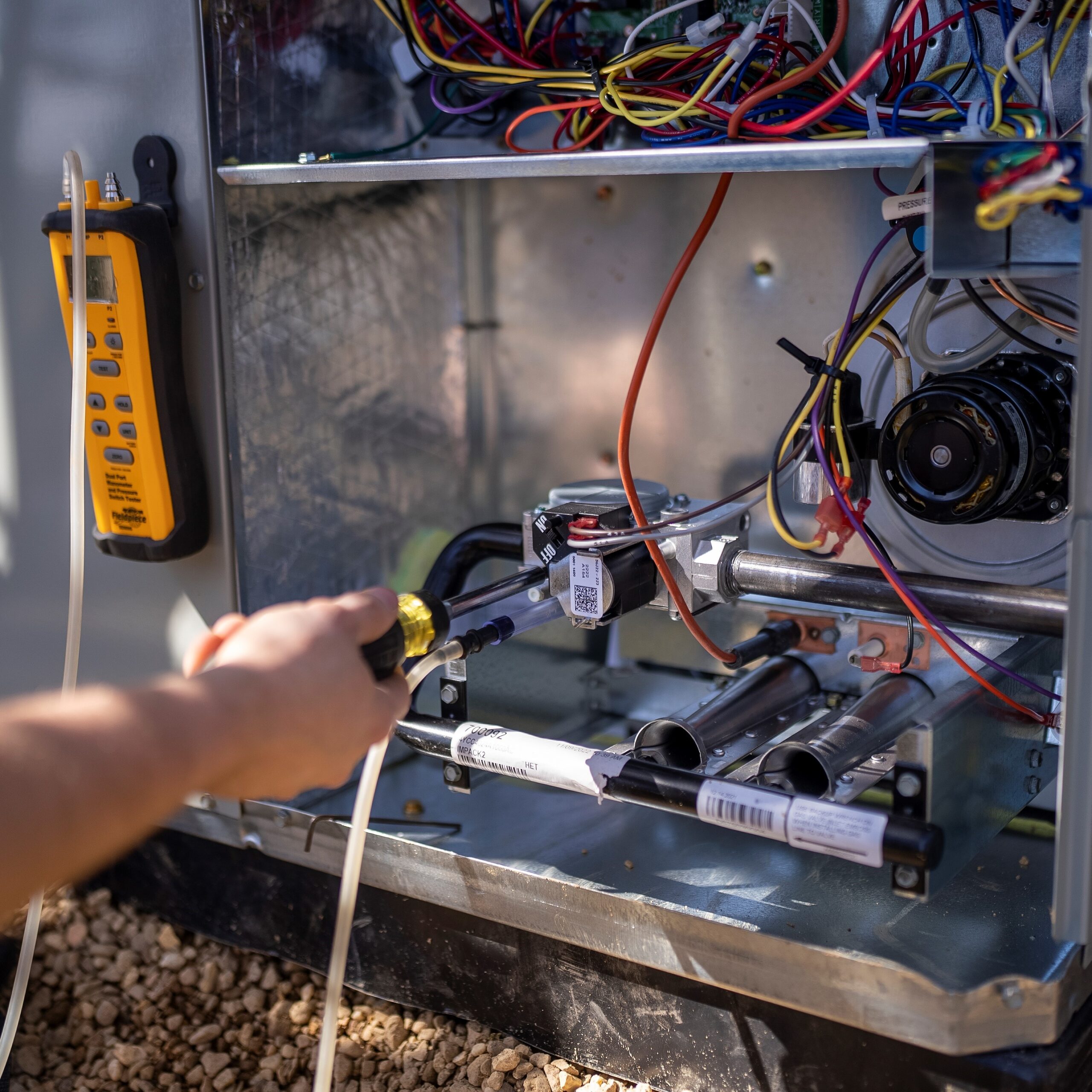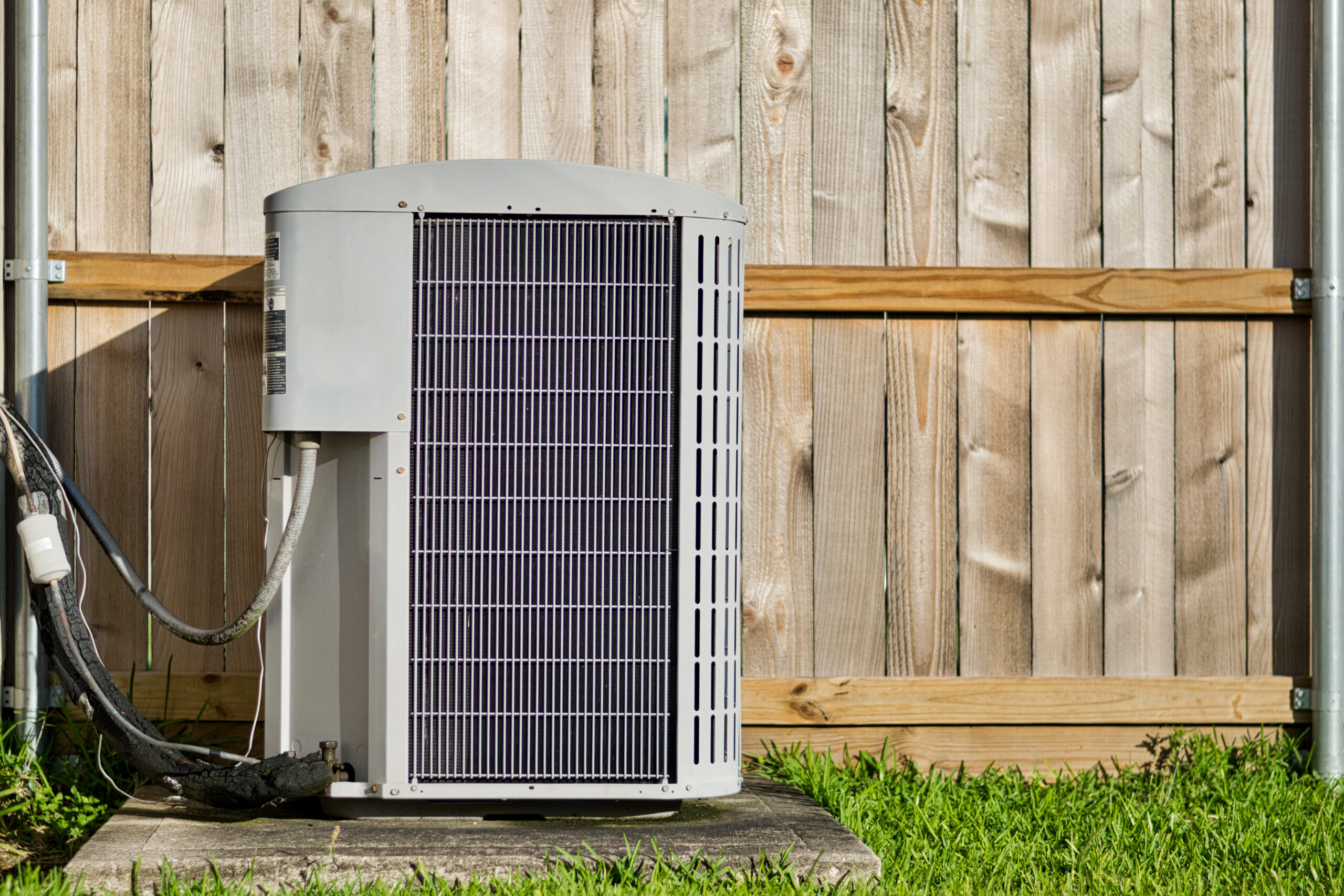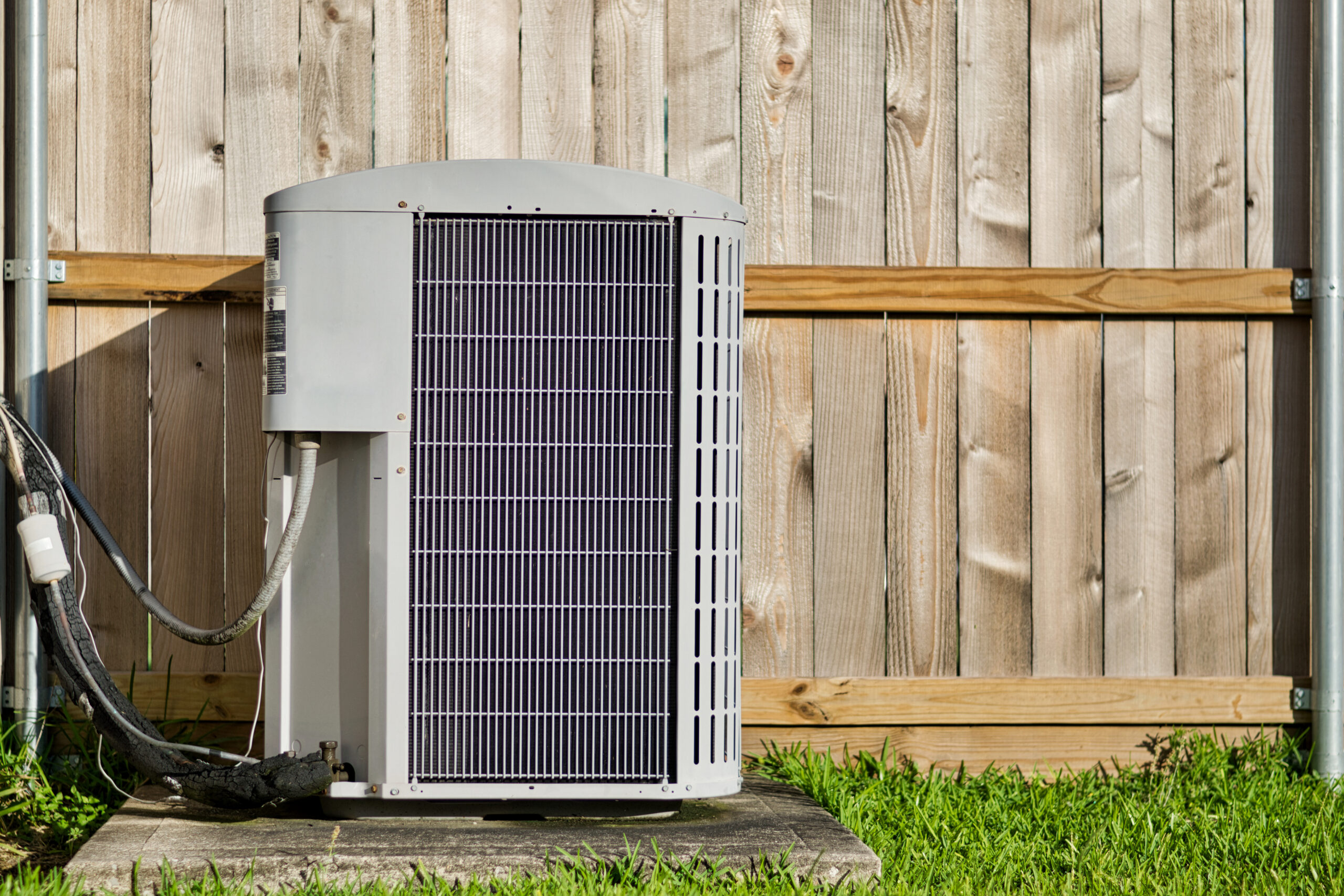Heat Pumps vs. Furnaces: Which Heating System Is Better?

As colder temps start rolling into the Kentuckiana area, homeowners must be ready for extreme weather. If your home’s heater hasn’t been performing as efficiently or effectively as it used to, it may be time to replace it with a new unit. Most homes in the area have a traditional fuel-burning furnace, while some are converting to newer heat pumps.
When deciding on a new heater for your home, it’s a good idea to consider the climate where you live, how often you typically run your heater, and your current energy costs.
Learn how to decide which is the best option for your home this winter. Call (833) 232-4328 to schedule a consultation in Evansville, IN, or Louisville, KY.
Heat Pumps
Heat pumps work by moving heat from one place to another. During the winter months, they extract heat from the outside air and transfer it indoors. Conversely, in the summer, they pull heat from inside your home and release it outside, acting as an air conditioner.
Heat pumps heat and cool your home and are best for homeowners looking for a year-round solution. They are especially effective in milder climates, where extreme cold is uncommon.
Heat pumps are energy-efficient, too. They use electricity to move heat rather than to generate it, making them more efficient than traditional heating systems.
Pros
- Dual functionality (heating and cooling)
- Energy-efficient
- Can lead to cost savings in milder climates
Cons
- Might not be as effective in extremely cold temperatures
- Initial cost can be higher than some furnaces
- May require supplementary heating in cold conditions
Furnaces
Furnaces are a tried-and-true heating solution that has been around for ages. They generate heat by burning a fuel, typically natural gas, propane, or oil, and then distribute that heat throughout the home using ductwork.
Furnaces are ideal for homeowners in areas where winter temperatures can get extremely cold. They provide consistent and reliable heat, no matter how chilly it gets outside.
Furnaces, particularly those that burn natural gas or propane, have been a staple in many homes for decades. At its core, a furnace’s main function is to burn fuel to produce heat. This straightforward process, especially in gas or propane furnaces, has fewer variables that can go wrong when compared to the refrigeration cycle of a heat pump.
Pros
- Highly reliable in extreme cold
- Long life span with proper maintenance
- Wide variety of models to fit different needs and budgets
Cons
- Only provides heat
- Less energy-efficient than heat pumps in milder climates
- Dependence on fuel can mean fluctuating costs
Why Choose Us?
Whether you’re leaning toward a heat pump or a furnace, professional installation and maintenance is the key to a comfortable and efficient home. We have the expertise to guide you through decision-making, ensuring you get a system tailored to your home’s needs.
Don’t leave your comfort to chance this winter. Schedule a no-obligation consultation or heating installation appointment in Kentuckiana by calling (833) 232-4328 today.
Request Service

Why Choose A+ Derr?
Your Call for Comfort!
- Unparalleled customer service
- 100% satisfaction guarantee
- Locally owned & operated
- Same-day & emergency services
- Licensed & insured
- Background-checked technicians
- Military, veteran & senior discounts
- No overtime charges



